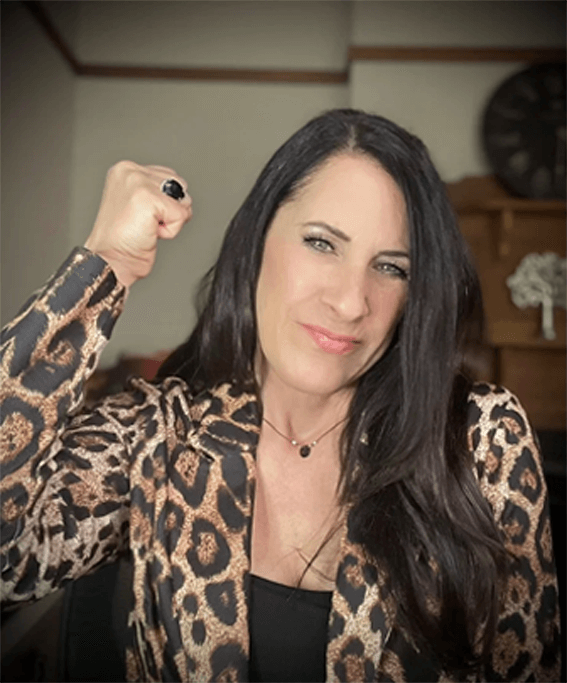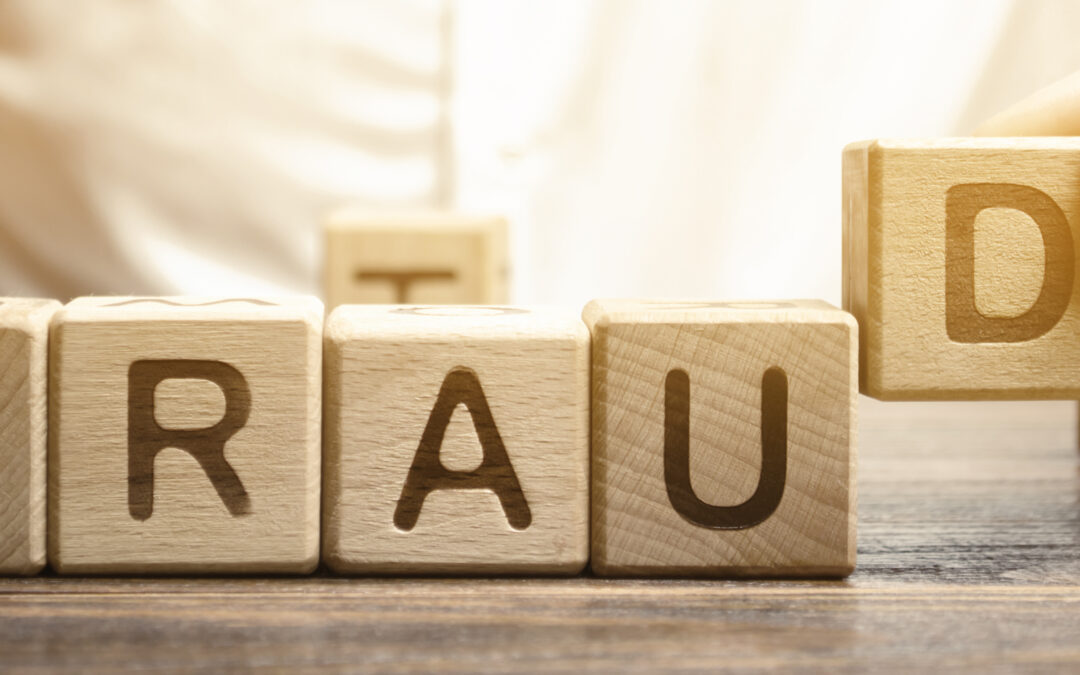The core strategy for surviving emotional abuse leaving a relationship with a narcissistic partner consists of Acknowledgement, Reflection, Boundaries, Action. A.R.B.A.

Acknowledgement
Acknowledgement of the emotional abuse that you have experienced validates your feelings, and there begins your healing journey. You must understand that it was not your fault that you were abused. As an adult, your partner, ex-partner, family member, friend or colleague is old enough to understand right from wrong so therefore there’s only one excuse for their behaviour…they wanted to do it, and they did exactly what they wanted to! On some level maybe it made them feel better about themselves, but it wasn’t about you, it at all was all about them. You were just their punching bag, they knew exactly what they were doing, and they knew they were hurting you, but they chose to abuse you anyway. This realisation may be difficult to comprehend, because when we are subject to emotional abuse most victims spend days, months, if not years searching for answers.
‘Why?’
‘Why me?’
‘Could I have tried harder?’
However, if you can get past the self-doubt and shame you can begin to heal. Individuals who demonstrate narcissistic tendencies feel totally justified in their actions; no matter what you say, or do, the narcissist will ultimately always believe they are right. The realisation that the abuse was not your fault, may well leave you with nothing but impotent rage due to the understanding that the narcissist will never believe or comprehend how they hurt you.
Reflection
By consistently going within and reflecting on your own behaviours and reactions, and those of your partners you can slowly begin to make sense out of the situation and can work towards making significant changes in your life. Self-reflection provides valuable insight into attitudes and behaviours that may be positively and negatively impacting our lives and the lives of those around us. Education is everything and by consistently working on our own knowledge, growth, and evolution we will inevitably outgrow our abuser.
Boundaries
Narcissists are masters at dismissing and disregarding boundaries because your boundaries are an obstacle in their control of you. Any attempts to set boundaries when you are in an abusive relationship would be considered a personal attack and could be met with narcissistic rage. Self-care is a vital first step in the recovery process because survivors of emotional abuse often suffer with poor mental health due to the onslaught of emotional abuse. By diligently attending to your self-care, you will be able to build the inner strength required to set firm, healthy boundaries.
Time spent in a long-term abusive relationship often leaves victims with long-term physical and mental health problems and in some cases, Complex-Post Traumatic Stress Disorder (C-PTSD).
If you are a survivor of emotional abuse, you may find yourself experiencing symptoms such as:
- Flashbacks
- Social withdrawal
- Feelings of hopelessness, low self-esteem, and poor self-confidence
- Anxiety and depression
- Hypervigilance
- Physical discomfort, heart problems, chronic pain, headaches
- Sleep disorders including insomnia and nightmares
- Eating disorders
- Drug & alcohol addiction
- Dissociation 1
When you are in an emotionally volatile relationship it can be incredibly difficult to figure which way is up. Do you find yourself saying to friends that you don’t recognise yourself when you look in the mirror? It is incredibly difficult to work through emotional trauma without help so if you are experiencing any of the symptoms listed above, please seek professional help as soon as possible.
Five Essential Boundaries
According to Shonna Waters, PhD; there are five essential boundaries that must be maintained to preserve a healthy relationship including physical boundaries; however (Waters, 2022) also includes time boundaries to be of vital importance: your own feelings, to have your feelings validated and the responsibility to validate the feelings of others. Emotional neglect is abuse.
- Intellectual- Each person has the right to have his, or her own thoughts, ideas, and opinions. Intellectual abuse occurs when your thoughts are dismissed, ignored, or belittled.2
- Financial- Financial boundaries are essential because without them, you may be left penniless at demise of the relationship. In fact, if you have poor financial boundaries or are too trusting in this area you may be stripped of everything you have once a relationship ends.
- Time- Narcissists are energy vampires and given half a chance will take every ounce of your essence! However, they are also time leeches. They will not only steal your time but will expect you to give it all to them willingly on bended knees while tolerating appalling levels of emotional abuse. Your time is valuable and its okay to prioritise what’s important to you.
- Sexual- No, means No! Healthy sexual boundaries should include consent, consideration and understanding, respect and privacy. Sharing of explicit personal photographs, sulking, not asking for consent or unwanted touch and rape are all examples of violations of a person’s sexual boundaries 3
Narcissists may attempt to, or succeed in, violating all the above boundaries at some point during the relationship and it is important to understand that we do not need to tolerate unhealthy boundaries that are forced upon us in any manner. Setting boundaries is a vital part of your survival plan. You have been through far too much and have done far too much work not to raise the bar on who has access to you!
Action
Action encompasses all the previous points. Acknowledging that you are in, or have been in, an abusive relationship is tough but it’s the first hurdle on the path to survival. It’s difficult to comprehend the cycle of abuse when you are in it often because we refuse to ‘see’ the bad in people. We hold on to the faith that one day things will be better, and that day may be today or tomorrow. Unfortunately, misplaced faith in an abusive partner, family member, friend or colleague can leave us fighting depression with our fingernails in tatters, our self-confidence shot and ultimately it may cost us our life. A heavy price accompanies our acknowledgement. You may experience a range of emotions such as:
Disbelief
Sadness
Relief
Fear
Rage
Action involves seeking professional help, engaging in self-care, and finally taking the steps to remove yourself from the clutches of the monster who taunts you. By reflecting upon your situation and discovering and setting strong personal boundaries you will be able to enter future relationships consciously and with a sense of self-awareness. You will eventually have gratitude for the simple things, for living life without the incessant drama that accompanies the narcissist, and for finally having peace. My book, So What?! How to Survive a Relationship with a Narcissist, offers valuable insights into the tactics used by narcissists and how to navigate such toxic relationships. The book provides information on how to put a stop to the abuse and how to safely remove yourself from the relationship with firm boundaries intact.
References
- Guy, T. (2022, August 16). Narcissistic Abuse & Complex Post-Traumatic Stress Disorder. CPTSD Foundation. Retrieved from https://cptsdfoundation.org/2022/08/16/narcissistic-abuse-complex-post-traumatic-stress-disorder/
- Earnshaw, E. (2021, June 25). 6 Types of Boundaries you Deserve to Have (and how to maintain them). Mind Body Green Relationships. Retrieved from https://www.mindbodygreen.com/articles/six-types-of-boundaries-and-what-healthy-boundaries-look-like-for-each#:~:text=Intellectual%20boundaries%20refer%20to%20your,down%2C%20dismissed%2C%20or%20belittled.
- Waters, S. (2022, April 13). Healthy boundaries in relationships: A guide for building and keeping. Healthy Boundaries in Relationships: A Guide for Building and Keeping. Retrieved from https://www.betterup.com/blog/healthy-boundaries-in-relationships









